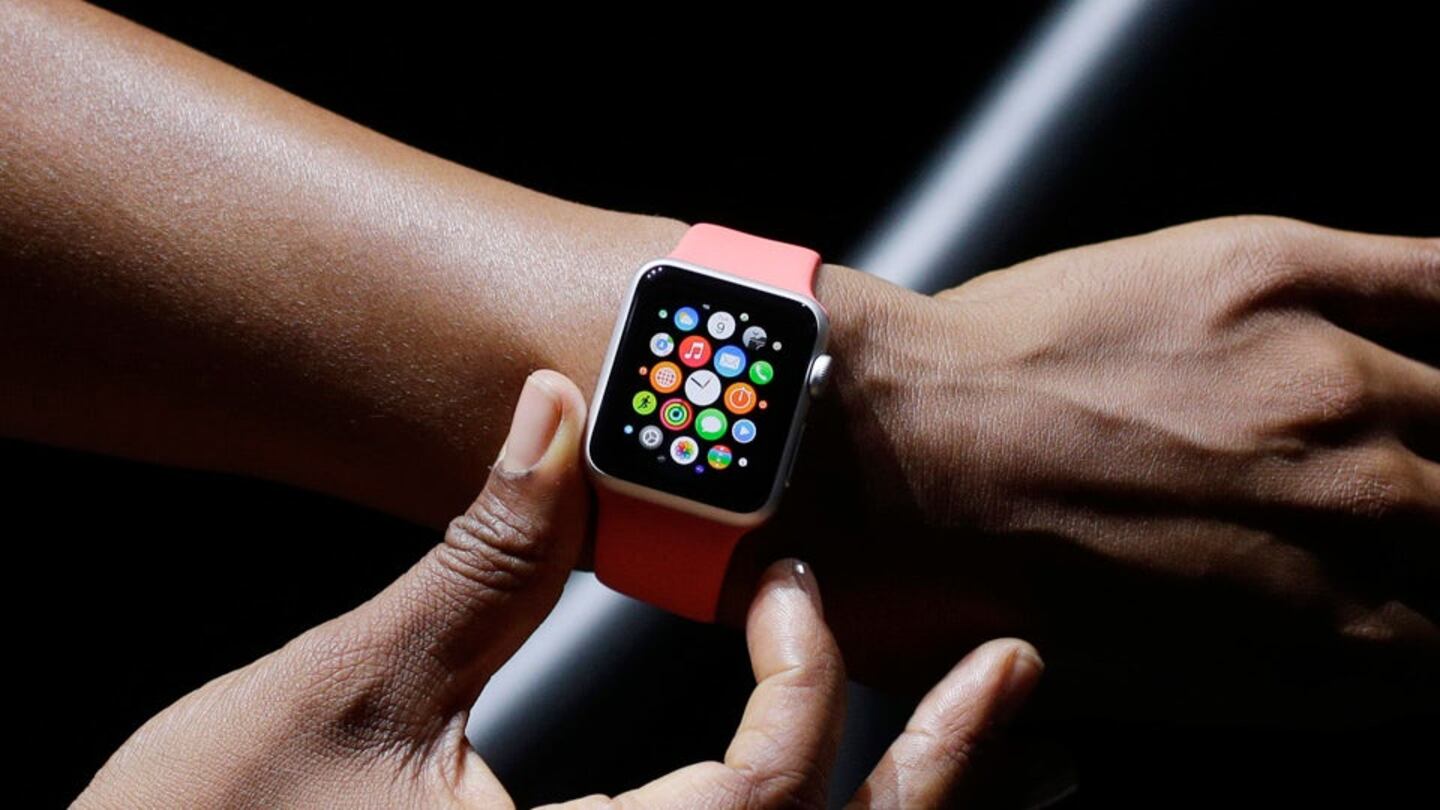
The Business of Fashion
Agenda-setting intelligence, analysis and advice for the global fashion community.

Agenda-setting intelligence, analysis and advice for the global fashion community.

GENEVA, Switzerland — Swiss watchmakers are diving further into the unproven smartwatch market, with Montblanc, TAG Heuer and Tissot seeking to attract younger shoppers with a technology the industry largely snubbed until consumers began turning away from traditional timepieces.
TAG Heuer on Tuesday unveiled the new generation of a $1,650 smartwatch it makes with partners Google and Intel. Two days later, Montblanc followed with the $890 Summit. Also on Thursday, Swatch Group Chief Executive Officer Nick Hayek announced plans for a Tissot connected watch using a proprietary operating system.
With the flurry of new gadgets, watchmakers are trying to attract millennial shoppers in the middle of the longest downturn on record for the Swiss industry. Yet sales of smartwatches so far have underwhelmed, even for giant Apple Inc., and the new tech-driven timepieces generally command lower prices than the Swiss industry’s traditional output, creating risks for brands that have jumped in.
“The smartwatch market hasn’t necessarily been as big an engagement as some thought it would be,” said John Guy, an analyst at MainFirst Bank. “Swiss watchmakers aren’t doing this to fend off the Apple Watch.”
ADVERTISEMENT
$15,000 Watches
Instead, they’re dabbling in smartwatches as a way to lure younger shoppers — who often don’t wear any watches, smart or otherwise. Prices of Montblanc’s traditional watches run as high as $10,000, more than 10 times the price of its new gadget, while TAG Heuer’s most expensive models extend to about $15,000.
“It’s a way to be on top of people’s minds, and hopefully getting people in their stores,” said Alessandro Migliorini, an analyst at Mirabaud Securities LLP.
So far, Swiss watch makers have insulated their high-end brands from the trend, seeking to preserve the exclusivity of more traditional timepieces. The top five brands by sales, as ranked by analyst Rene Weber at Bank Vontobel — Rolex, Omega, Cartier, Patek Philippe and Longines -- have stayed out of the smartwatch market entirely.
The latest flurry of releases represents a change of heart for Richemont, which owns Montblanc, and Swatch, which produces Omega. Richemont chairman Johann Rupert previously said his brands only planned to make "intelligent watchstraps" and that putting electronic functions into the watch case creates a danger of obsolescence for time-honored watchmaking practices. Swatch CEO Nick Hayek has said he doesn't expect smartwatches to be a "revolution."
TAG Heuer wants smartwatch buyers to upgrade. With its first device, customers could pay extra to replace it with a traditional timepiece if they ever decided it was obsolete. For the new version introduced this week, TAG Heuer is offering a module for an extra $1,650 that can swap the smartwatch with a mechanical time face.
Google, Apple
Google’s Android operating system is behind a number of smartwatches, including Montblanc’s new gadget. The US tech firm has partnered with LG, and in February Huawei launched the company’s Watch 2. Smartwatches from Motorola, Sony and Fossil also run Google’s operating system.
ADVERTISEMENT
High-profile failures, such as the death of a $17,000 luxury version of the Apple Watch, are easier to count than successes. Market researcher IDC declared in a report this month that “wearables aren’t dead,” but growth in the category is erratic.
IDC estimates that 19.8 million smartwatches were shipped last year, missing a previous forecast of 28.3 million. Of the top five wearable makers, Apple’s volume dropped 7.9 percent in 2016 while shipments at Samsung rose 39 percent, according to the firm. Switzerland exported 25.4 million wristwatches in 2016, according to the Federation of the Swiss Watch Industry.
The mixed results for tech giants have eased some fears in the Swiss industry, which has reported signs of sales bottoming after 19 months of declining exports. Swatch this week forecast a rebound in US and European markets after previously reporting improvement in Asia and the Mideast.
Guy estimates that TAG Heuer got slightly less than than 10 percent of its sales from its first-generation smartwatch in 2016. If the technology remains a niche product for the Swiss makers, that might be a good thing, he said. Otherwise, they risk a slippery slope in which lower-priced timepieces undercut their sales.
“Watchmakers have to be careful not to start to dilute their own brand equity by launching too many smartwatches,” Guy said.
By Thomas Mulier and Corinne Gretler, with assistance from Giles Turner; editors: Eric Pfanner and Thomas Mulier.
Brands are using them for design tasks, in their marketing, on their e-commerce sites and in augmented-reality experiences such as virtual try-on, with more applications still emerging.
Brands including LVMH’s Fred, TAG Heuer and Prada, whose lab-grown diamond supplier Snow speaks for the first time, have all unveiled products with man-made stones as they look to technology for new creative possibilities.
Social networks are being blamed for the worrying decline in young people’s mental health. Brands may not think about the matter much, but they’re part of the content stream that keeps them hooked.
After the bag initially proved popular with Gen-Z consumers, the brand used a mix of hard numbers and qualitative data – including “shopalongs” with young customers – to make the most of its accessory’s viral moment.